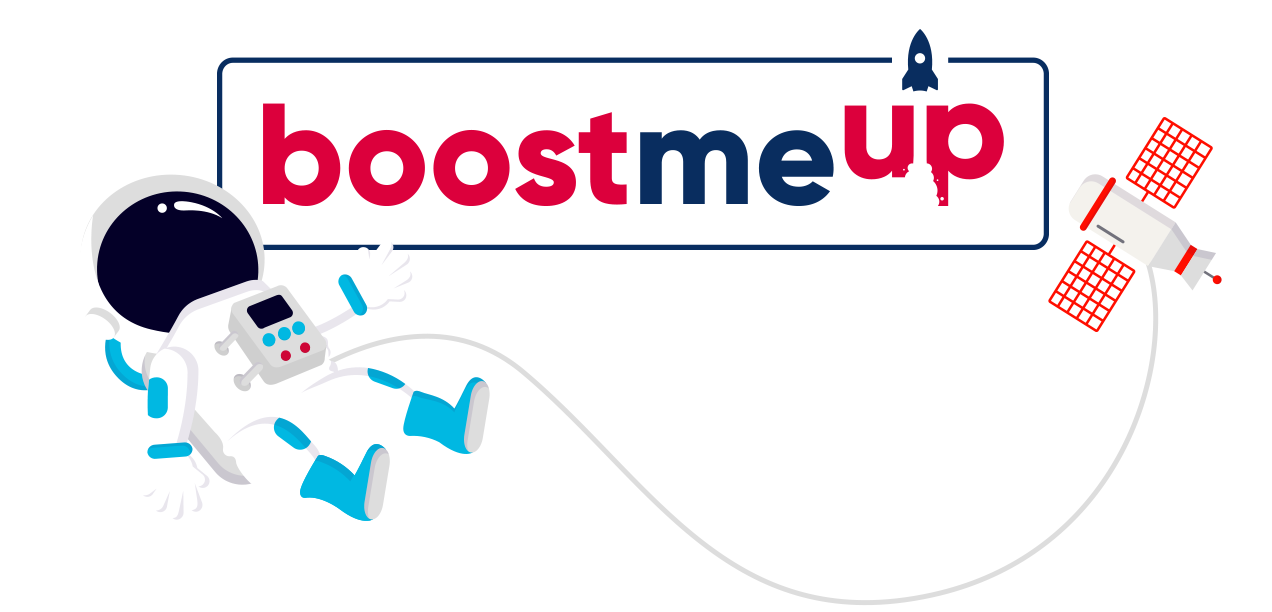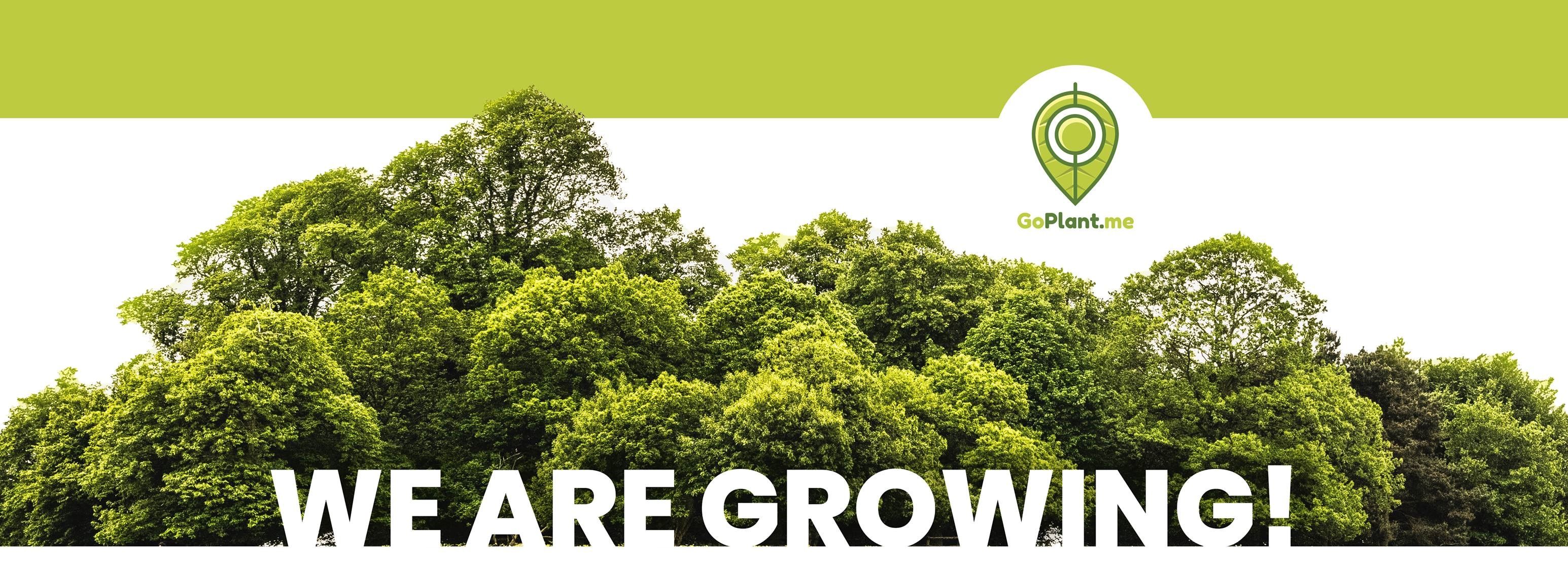How have we formed our startup ecosystem

6 min read
For the first time in history, throughout the IT industry, less developed countries and people inhabiting them have the opportunity to be competitive in the global economy. To do so, they do not need expensive infrastructure – factory facilities, special machinery, highways, airports, seaports, etc., just a good organisation, computers and most importantly – people and ideas.
Here in Amplitudo, a couple of years ago, we have realized that we want to build a team capable of being competitive in the global markets.
Our people are the focus of our activities. Thus we started to enhance and build our team-up.
We have engaged Nebojša, our successful IT professional, living and working in New Zealand for the past 25 years. With his help, we started with the implementation of the world's best practice within our Delivery team (developers, testers, Product Owners), and investments in education.
We have launched a series of training sessions that we decided to finance ourselves, and we called it Amplitudo Academy. We have contacted local IT and graphic design related faculties, and made cooperation agreements (past lectures of our experts, special workshops, events, etc.), aiming to motivate students, future professionals, and our colleagues.

We understood that we could not survive in the long term if we think locally if we outsource and develop individual solutions for clients' needs. Therefore, we have started with development and were turning ideas to digital products, which is a painstaking, expensive and risky path for any company.
The entire profit has been invested back in people and our products. We haven't always been 100% successful in that process, however, the overall image has started to improve.
Fast forward to the present moment – our team consists of nearly 70 people, out of which one half is in the Delivery department. We have international clients (some of them are worldwide companies). The majority of our staff has been trained by ourselves through the Academy, taking place in the biggest IT lecture room at the Faculty of Electrical Engineering, renovated and branded by Amplitudo. Furthermore, we have developed a scope of digital products.
What may be the most interesting thing is that, along with our partners, we have equity in about 10 innovative startups showing great potential for the international market. The cherry on top is our entrance to the gaming industry – we have launched intensive training for developers and designers, with a view of starting game production until the end of 2020.
One of the things we are most proud of is the startup ecosystem we have developed. It is most easily explained using the analogy of the traditional schooling process.
We are starting with the elementary school – our startup schools for students, created and implemented in cooperation with the Faculty of Electrical Engineering in Podgorica. With the help of our mentors who are proven professionals in the business world and former students of this faculty, candidates learn how to shape the idea, what the fast-growing innovative company is, what does the pitch looks like and how the prototypes are created. After a four-month program, teams will be allowed to demonstrate what they learned during a public competition of their ideas.
Secondly, highschool – our pre-acceleration program BoostMeUp, implemented with the support of our Ministry of Science and our partners – Tehnopolis and the Science and Technology Park of Montenegro. Out of approximately 50 Montenegrin teams that applied, 25 have been preselected and they are entering a four-day boot camp. After that, we will choose six finalists that will become part of the program.

Throughout the seven months, they will work with exquisite Montenegrin and foreign mentors. As a result, we envisage having six prototypes and honed ideas, ready for market validation.
Afterward, we have faculty – along with our partners we have created our incubator – the DigitalDen where we invested not only our money but the significant part of our resources as well (developers, marketers, graphic designers, etc.).
Ideas that pass through the previous two stages are ready for market validation. We help them achieve that and give our best efforts to make them become a Unicorn.
Some examples of companies in our incubator are: the Badger, GoPlant.me, FinalFind, etc. What makes us even more proud and happy is that people from Montenegro and abroad have recognized our efforts and the quality we possess. As an outcome, we have a constant inflow of ideas, partnership proposals, and entrance to our Digital Den.

To make the value of our startups as large as possible from the very beginning and to have facilitated a path towards financing and VC funds, we have decided to expand our partnerships with real companies and institutions.
Thus, with the help of the U.S. Embassy in Podgorica and the State Department, we have made high-quality connections towards companies from California and Silicon Valley.
Hence, we have created a kind of tunnel joining our startups directly with the biggest IT stage in the world.
Apart from that, we have included a whole host of worldwide companies that recognize the potential we created. Thus, every startup that comes out from our den will have an added value from these worldwide giants (in the fields of market validation, financial analysis, and five-year financial projections, as well as the most modern cloud solutions and hardware resources essential for high-quality work).
You will find out their names in the digital den. :)

We are glad to say that Montenegro recognized us as the fast-growing startup industry and as a valuable potential for the development. It is doing its best to facilitate our efforts and efforts of similar companies, through new laws and specific support.
In conclusion - ideas and people. Two crucial resources from our point of view.
We have worked hard to develop a system that will be stimulating for the goals we have set.
Montenegro is a beautiful place to live in. We want to be patriots and contribute to our community by preventing brain drain by creating good working conditions and projects we are involved in.
Finally, our further plans include the construction of a special IT park which could provide long-term support to all above mentioned activities. We have gone far in this direction, however, this would have to be the material for the next blog post.


